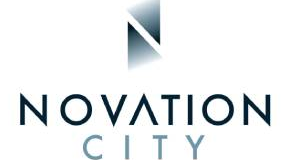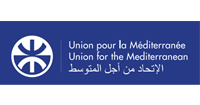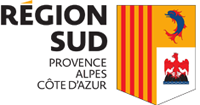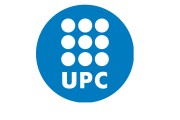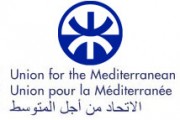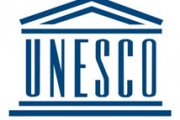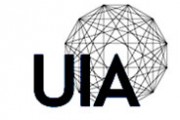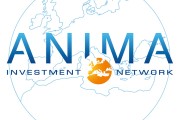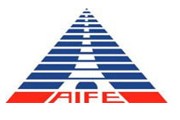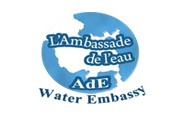The Mediterranean Network of Engineering Schools was created in June 1997 on the initiative of the Marseille Engineering School Group (ESIM), an establishment of the Marseille-Provence CCI.
After its first general assembly in 1997 in Marseilles, the RMEI held its annual meeting successively in Barcelona (1998), Tunis (1999), Istanbul (2000), Rabat (2001), Madrid (2002), Patras (2003), Genoa (2004), Algiers (2005), Izmir (2006), Marseille (2007), Hammamet (2008), Rome (2009), Thessaloniki (2010), Rabat (2011) and Venice-Padua (2012).
Since 2001, the RMEI has become the component bringing together the engineering schools and technological universities of the Community of Mediterranean Universities (CUM), an official body of UNESCO.
In 2007, the RMEI set up a legal structure (association under French law of the 1901 type) which reinforces its autonomy and its possibilities of collaboration within partnerships between its active members as well as with the associated members, local authorities local and the business world.
The RMEI is managed by an office of 7 members and administered by a board of directors composed of ten members.
During the Michelangelo workshops in April 2012, the creation of the GAMe structure was made official, an acronym for "Giovani Ambasciatori Mediterranei". This structure is managed entirely by the students and has correspondents in the majority of the countries concerned by the RMEI.
During its meeting in May 2013, the board accepted the principle of welcoming within the RMEI, a new college corresponding to the RMEM, Mediterranean Network of Management Schools. At the beginning of 2014, the RMEI was made up of 98 members from 16 Mediterranean countries, 22 associate members, some of whom were outside the Mediterranean area (Brazil, Black Sea, Russia) and from the GAMe structure.
Since its creation, the RMEI has been supported by the CCIMP (Chamber of Commerce and Industry Marseille-Provence), the City of Marseille, the General Council of Bouches du Rhône and the Regional Council of Provence-Alpes-Côte d'Azur. It also receives support from UNESCO (Chair 651 Innovation and Sustainable Development). Since 2010, the RMEI has received significant support from the Municipality of Civitavecchia, where GAMe's headquarters are located.
Since its creation, the RMEI has wanted to promote the specific assets of the Mediterranean, focusing on increased efficiency, through the networking of Grandes Ecoles, Universities and other partners around the Mediterranean:
- a historical, multicultural Mediterranean identity, around a sea vector of exchanges and economic activities, cradle of great civilizations and great changes (renaissance, etc.);
- a current crossroads of cultures and exchanges, source of creativity;
- a unique position as an interface between Europe, Africa and the East.







